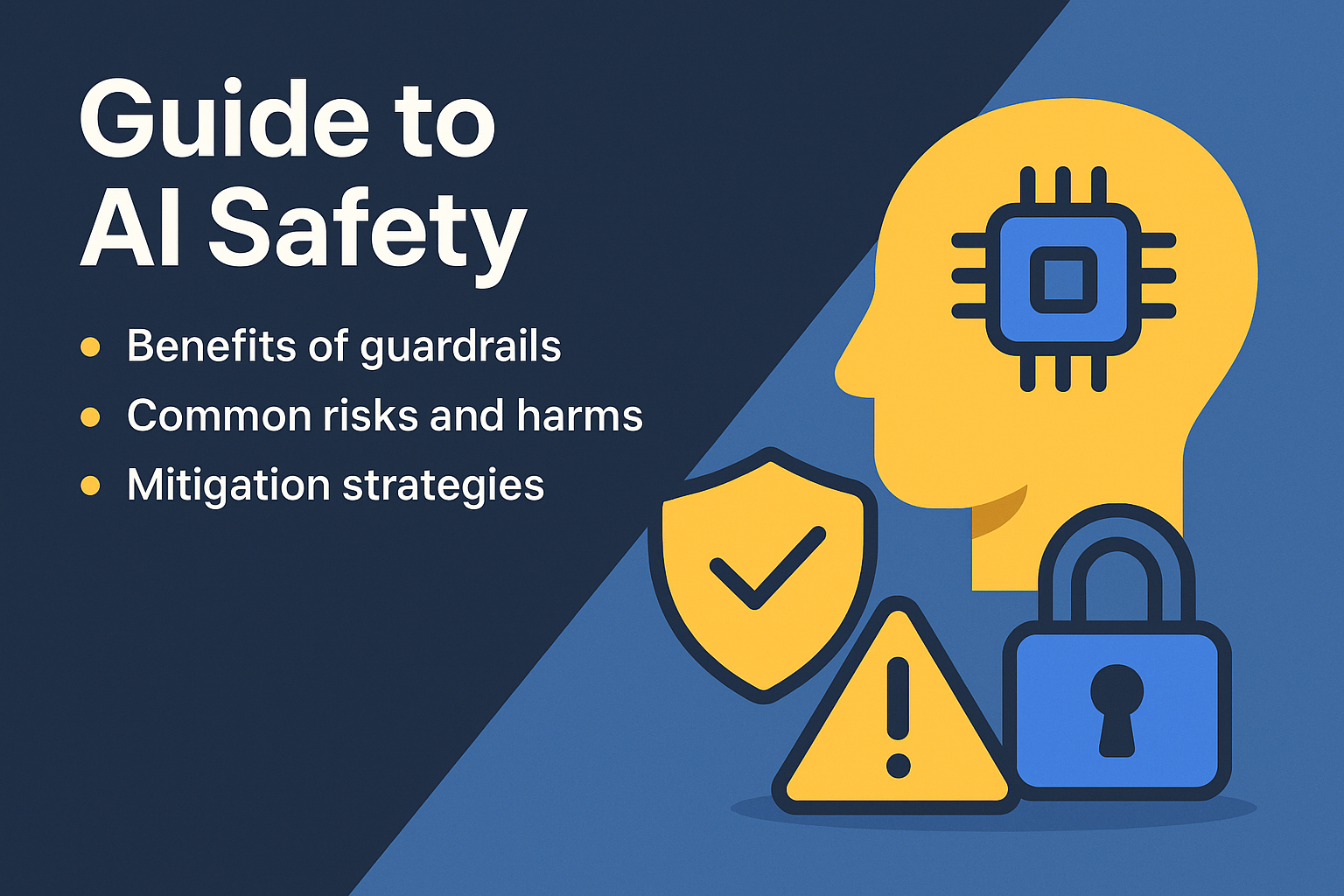Schedule a Demo
Keywords are not just vital for SEO; they play a crucial role in attracting the right talent to your e-commerce business. As an e-commerce leader, I've seen firsthand how the right keywords can transform your recruitment process, especially when targeting marketing managers. By aligning your job postings with the terms and phrases marketing professionals use in their searches, you can significantly increase your visibility to top talent.
When crafting job descriptions for marketing managers, it's essential to include phrases like "digital marketing," "e-commerce strategy," and "SEO optimization." These terms resonate strongly with professionals in the field. In my experience, using these keywords not only attracts candidates with the right skill set but also those who are genuinely interested in the e-commerce sector.
Industry-specific keywords such as "e-commerce analytics," "conversion rate optimization," and "online brand management" can further refine your search. These phrases help filter out candidates who may have general marketing experience but lack the specialized knowledge needed for e-commerce. Based on available research, individual results may vary, but incorporating these terms can lead to a more targeted applicant pool.
While broad keywords like "marketing manager" and "digital marketing" are essential, don't overlook the power of niche keywords. Terms like "e-commerce marketing automation" and "PPC for e-commerce" can attract candidates with specific expertise. I've found that a balanced approach, combining broad and niche keywords, offers the best chance of attracting a diverse yet qualified pool of applicants.
Effectively integrating keywords into your job descriptions is an art. It's not just about stuffing your listings with as many keywords as possible; it's about creating a narrative that naturally incorporates these terms. For example, instead of saying "We need a marketing manager," you could say, "We are seeking a marketing manager with expertise in e-commerce strategy and SEO optimization." This approach not only boosts your visibility but also communicates the specific skills you're looking for.
Job titles are often the first thing candidates see, making them a prime location for keywords. Titles like "E-commerce Marketing Manager" or "Digital Marketing Manager for E-commerce" immediately signal to candidates that your role is focused on the e-commerce sector. This can significantly increase the relevance of your job posting to the right audience.
When posting on job boards and social media, keyword optimization becomes even more critical. Platforms like LinkedIn and Indeed use algorithms that prioritize listings based on keyword relevance. By strategically placing keywords like "e-commerce marketing" and "digital marketing manager" in your job titles, descriptions, and tags, you can improve your listing's visibility and reach the right candidates.
Tracking the effectiveness of your keywords is essential for refining your recruitment strategy. Use analytics tools to monitor how different keywords perform in terms of views, applications, and quality of applicants. In my work with e-commerce businesses, I've seen how data-driven adjustments to keyword usage can lead to better recruitment outcomes.
The digital marketing landscape is constantly evolving, and so are the keywords that professionals use. Staying updated with the latest trends in e-commerce marketing terminology can help you keep your job postings relevant. Regularly reviewing industry blogs, reports from organizations like the Digital Marketing Institute, and insights from platforms like Google Trends can provide valuable information on emerging keywords.
Let's look at a couple of case studies to illustrate the power of keyword optimization in recruitment. Company A, an e-commerce startup, used keywords like "e-commerce growth hacking" and "digital marketing strategist" in their job postings. They reported a 50% increase in qualified applications. Company B, a more established e-commerce brand, focused on "e-commerce SEO specialist" and "online marketing manager," resulting in a 30% increase in applications from candidates with the right expertise.
One common mistake is overusing keywords to the point where the job description becomes unreadable. Another is neglecting to update keywords as industry trends change. In my experience, striking a balance between keyword optimization and clear, compelling job descriptions is key to attracting top marketing manager talent.
Here are some actionable tips for e-commerce businesses looking to optimize their job postings:
As technology and recruitment practices evolve, so too will the strategies for keyword optimization. Future trends might include the use of AI to analyze and optimize job postings in real-time, or the integration of voice search keywords as more candidates use voice-activated devices for job searches. Staying ahead of these trends will be crucial for e-commerce businesses looking to attract the best marketing manager talent.
Effective keyword analysis and optimization are vital tools for e-commerce businesses aiming to attract top marketing manager talent. By understanding the role of keywords, identifying the right phrases, and integrating them strategically into your job postings, you can enhance your recruitment efforts. Remember, the goal is not just to attract any candidates but to draw in those who are the best fit for your e-commerce needs.
